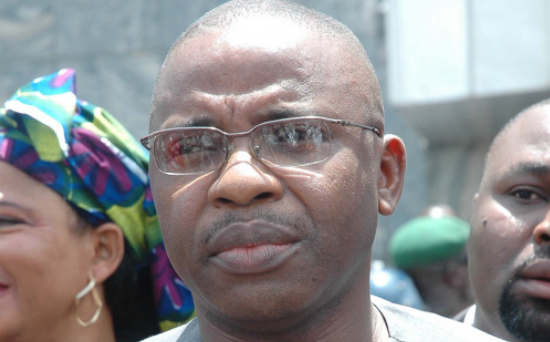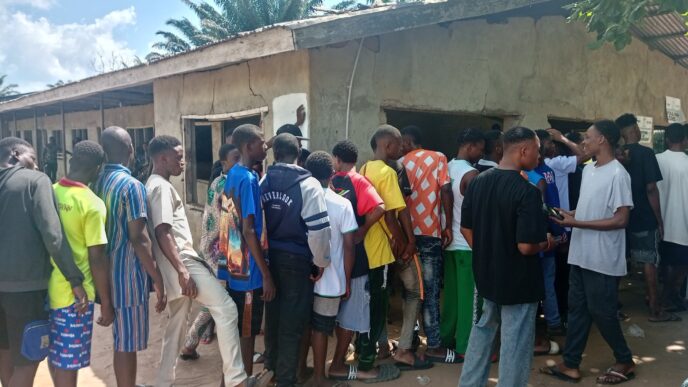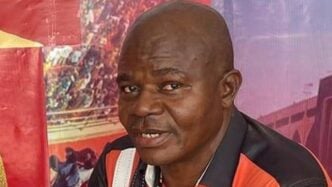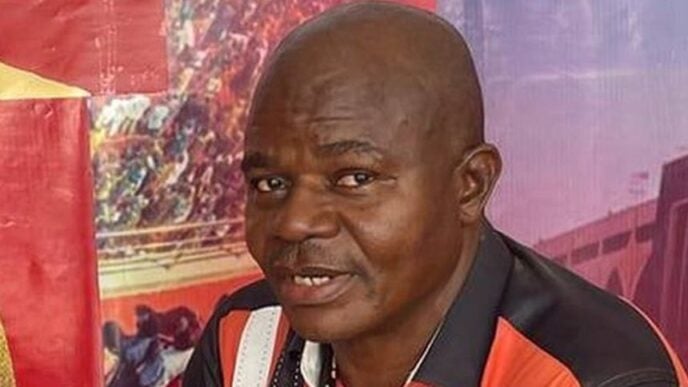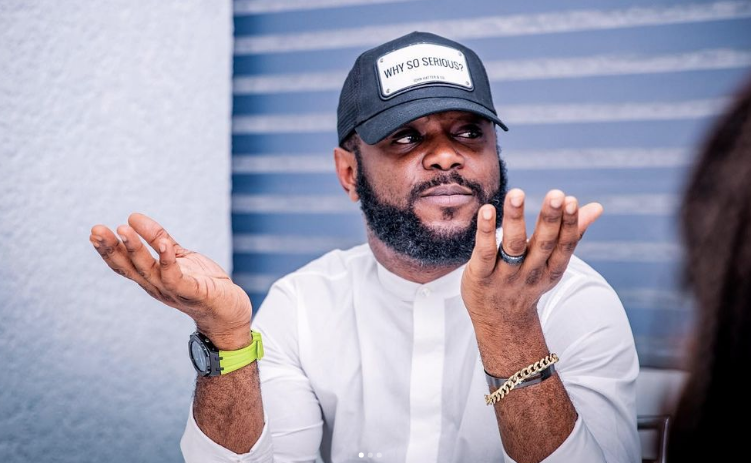BY OBINNA NWACHUKWU
When Spanish football fans speak of a “remontada,” they remember the electrifying nights when FC Barcelona staged miraculous comebacks against overwhelming odds. In Imo state’s evolving political landscape, a similar narrative is taking shape. Former Governor Ikedi Ohakim, who served from 2007 to 2011, is now preparing for his own remarkable comeback—a political remontada—with his sights firmly set on returning to the Douglas House in 2027.
When Ohakim first assumed office on May 29, 2007, he stepped into leadership with a bold agenda and a vision to transform Imo State. His administration initiated major infrastructural projects, including the construction of critical road corridors, modern market complexes, healthcare improvements, school renovations, agricultural enhancements, and rural development programs. His tenure symbolized a period of ambition and strategic groundwork.
Yet by May 2011, when he left office, many of these signature projects remained incomplete, leaving Imolites with a sense of unfulfilled potential. While Ohakim exited with significant accomplishments, a lingering sentiment remained that the final whistle had been blown too soon, cutting short a transformative vision that was still unfolding.
Advertisement
Unlike many former leaders who recede into political oblivion, Ohakim has maintained a strong public presence over the years. Through consistent community engagements, open support for subsequent administrations when necessary, and relentless advocacy for the continuation of his original infrastructure blueprint, he has stayed deeply connected to the grassroots.
His relevance today is anchored in a broad coalition that cuts across traditional elders, youth organizations, and emerging entrepreneurs. Ohakim has not only kept the memories of his first tenure alive but has also evolved his vision by partnering with digital economy experts to reimagine governance models, strengthen infrastructure maintenance plans, and integrate e-governance systems into public service delivery.
More recently, Ohakim has embarked on strategic tour across various communities in Imo State, gathering feedback, reaffirming old alliances, and forging new ones. His renewed interactions with religious leaders, traditional rulers, market associations, and youth bodies have helped reignite a spirit of optimism around his aspiration. In a political environment often characterized by disconnection, his direct and personal approach stands out and resonates with a populace hungry for genuine leadership.
Advertisement
Political observers liken Ohakim’s unfolding strategy to the successful comebacks of Nigerian governors like Ayodele Fayose (Ekiti), Kayode Fayemi (Ekiti), and Rabiu Kwankwaso (Kano)—leaders who returned to power by rebuilding coalitions and refining their initial agendas. Ohakim has spent the intervening years nurturing alliances across party lines, forging new partnerships with private sector leaders, and positioning himself as a bridge between experience and innovation.
At the heart of his 2027 campaign is the powerful theme of “unfinished business.” Testimonials from farmers, traders, youths, students, and other stakeholders who once benefited from his interventions now underscore the argument for a second opportunity to complete and expand upon his vision.
One unavoidable challenge to Ohakim’s comeback is the ongoing debate over the Imo Charter of Equity. Stakeholders from Owerri Zone have long advocated for power rotation to their region, arguing that equity demands it. However, supporters from Okigwe Zone counter that their mandate was prematurely cut short in 2011, giving their quest for a full eight-year term a legitimate foundation.
With political leaders increasingly emphasizing that “those who seek equity must come with clean hands,” there is a growing acceptance that competence, experience, legacy, and the ability to deliver may ultimately outweigh zonal sentiments in determining the next governor of Imo State.
Advertisement
As the countdown to 2027 begins, many Imo indigenes are rallying behind Ohakim, clamouring for him to be given the chance to “finish what was started.” His success will depend largely on his ability to harness the strength of his grassroots network, defend his past achievements, present a visionary and executable agenda, and inspire a broad coalition of hope across the state.
More critically, Ohakim’s return bid seems to be gathering momentum at a time when Imo citizens are increasingly demanding leaders with proven competence and one who can continue the good works of the present administration of Governor Hope Uzodimma rather than making mere political rhetoric. With some of the present challenges facing the state, many Imolites believe that revisiting an experienced hand like Ohakim offers a safer path to stability, continuity and progress.
If he succeeds, Ohakim’s political remontada may not just complete an unfinished story—it could redefine what political comebacks look like in Nigeria.
The final whistle may still be a few years away, but one thing is clear: the game has already begun.
Advertisement
Obinna Nwachukwu writes from Onuimo in Imo state
Advertisement
Views expressed by contributors are strictly personal and not of TheCable.
